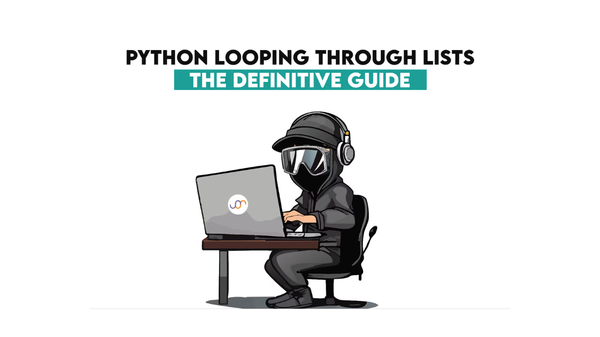The Industry Today: Different Data Science Specializations

 Written by:
Written by:Nathan Rosidi
Today’s data science job market asks for specialization. Here are five that will give you the upper hand when trying to land a job.
Once upon a time, data science was a generalist field. And data scientists were the Swiss Army knives of the tech world. Though it starts as a fairy tale, it’s not. It’s a true story! Data scientists used to do everything from sourcing and cleaning data to building and deploying models to building dashboards and providing recommendations to the business.
They didn’t live happily ever after; they died a slow and painful death on the job market, and everybody forgot about them. But it’s not the end of the story! There is a sequel where the data scientists arise from the dead and haunt the shrinking data science job market.
They now know they need to specialize to land those very few job offerings compared to several years ago. Knowing how to do one thing and do it really well is what’s required.
These five specializations are required the most by employers.
Specialization 1: Data Engineer
Data engineers primarily focus on enabling data for other teams, like ML engineers.
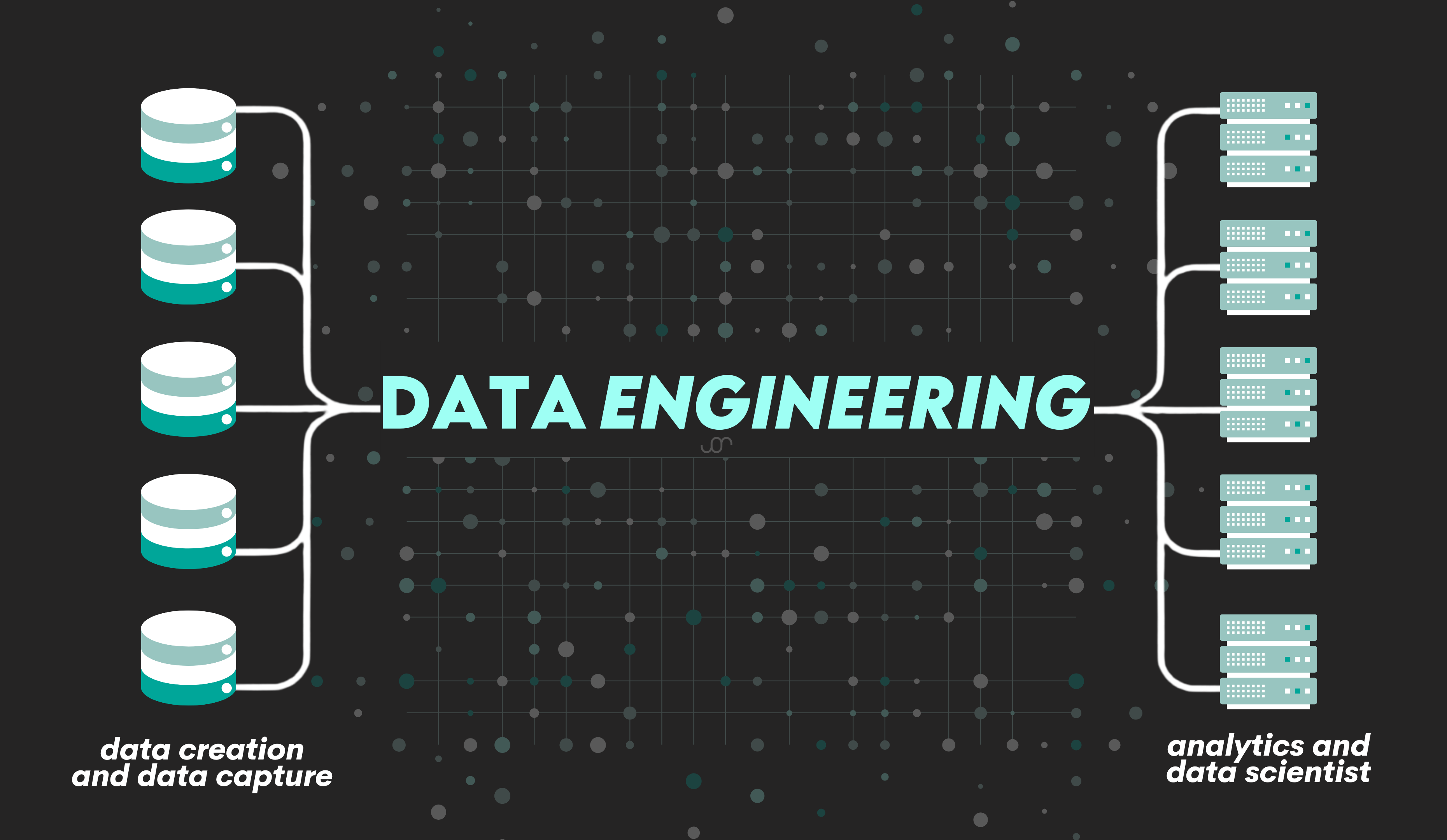
They build data pipelines, helping to clean raw, dirty data and storing a better version of it for users of that data. Also, they optimize data systems and help build infrastructure as well.
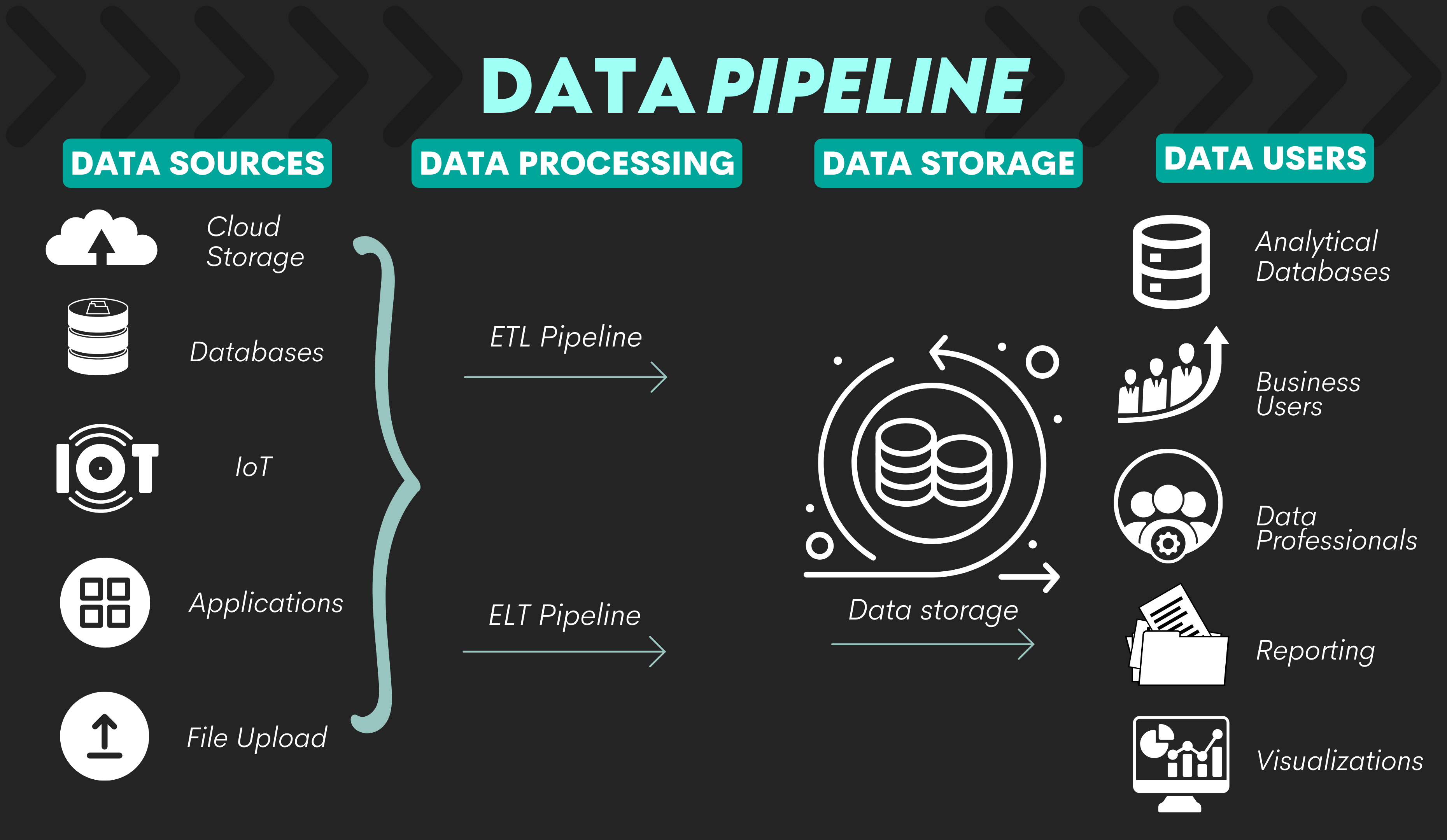
Responsibilities
Their main tasks include:
- Constructing data pipelines
- Ensuring data architecture is set up for scalability
- Managing the flow of data
Overall, they handle the collection, storage, processing, and decimation of large data sets. Their goal is to enable data analysts and ML engineers with their work since data is everything.
Skills
Data engineers should be proficient in:
- Database management
- ETL tools (e.g., SQL)
- Programming languages (e.g., Python, PySpark, SparkSQL)
- Distributed systems (e.g., Hadoop, Spark)
Impact
Data engineers are critical in making data enabled, accessible, and usable for analysis, ensuring the data's integrity and efficiency.
Project Task
Wanting to understand the data engineer’s role, let’s imagine an e-commerce platform is building a recommendation engine.
The data engineer would set up and maintain the data infrastructure required for the system. This basically means that he or she will be building and managing data pipelines to collect, store, and process data from different sources. And ensuring the data is clean, structured, and accessible for analysis and model building by other teams like a data analyst or a machine learning engineering team.
Specialization 2: Data Scientist
Today’s data scientist is more focused on extracting insights from data using advanced statistical analysis and machine learning techniques.
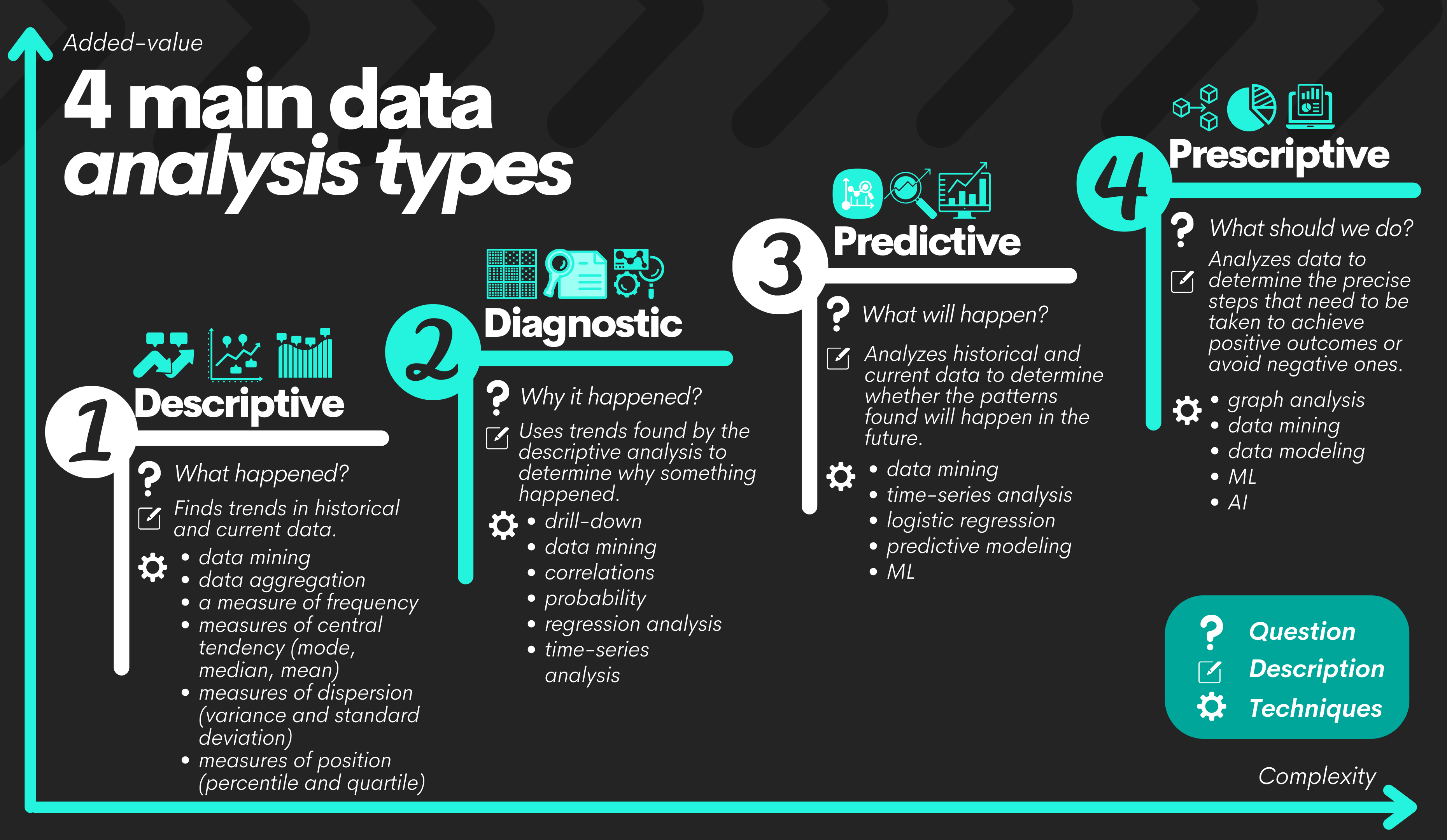
Responsibilities
Their tasks include:
- Conducting complex data analysis
- Building sophisticated statistical models
- Using machine learning algorithms to derive insights
- Experimenting with new models and hypothesis testing to validate and refine these models
This might sound a lot like what an ML engineer or a data analyst does. However, unlike an ML engineer, data scientists don't primarily focus on optimizing models for production. Data scientists are more involved in the initial stages of model development and data exploration, where the primary goal is to extract insights and patterns from data for strategic decision-making.
Compared to data analysts, they engage in more complex modeling and use a broader range of advanced statistical techniques. Can I say that data analysts are poor men's data scientists without everyone getting offended?
More seriously, here’s how data analysts and data scientists differ.
Skills
Data scientists should be very strong in:
- Statistics
- Machine learning
- Coding in Python and R
Impact
Their work is crucial in predicting future trends, identifying patterns in the data, and helping the business make informed decisions based on that data.
Project Task
Going back to our project example, as a data scientist, you would be responsible for the overall design and development of a recommendation engine.
This means choosing the right statistical test and model for analyzing user behavior, identifying patterns, and then using ML techniques to build and test various models to see which one predicts the customer's behavior the best.
Specialization 3: Machine Learning Engineer
Machine learning engineers focus on developing, implementing, designing, and creating machine learning models in systems and applications.
However, here the emphasis is more on deploying these models and software engineering best practices.
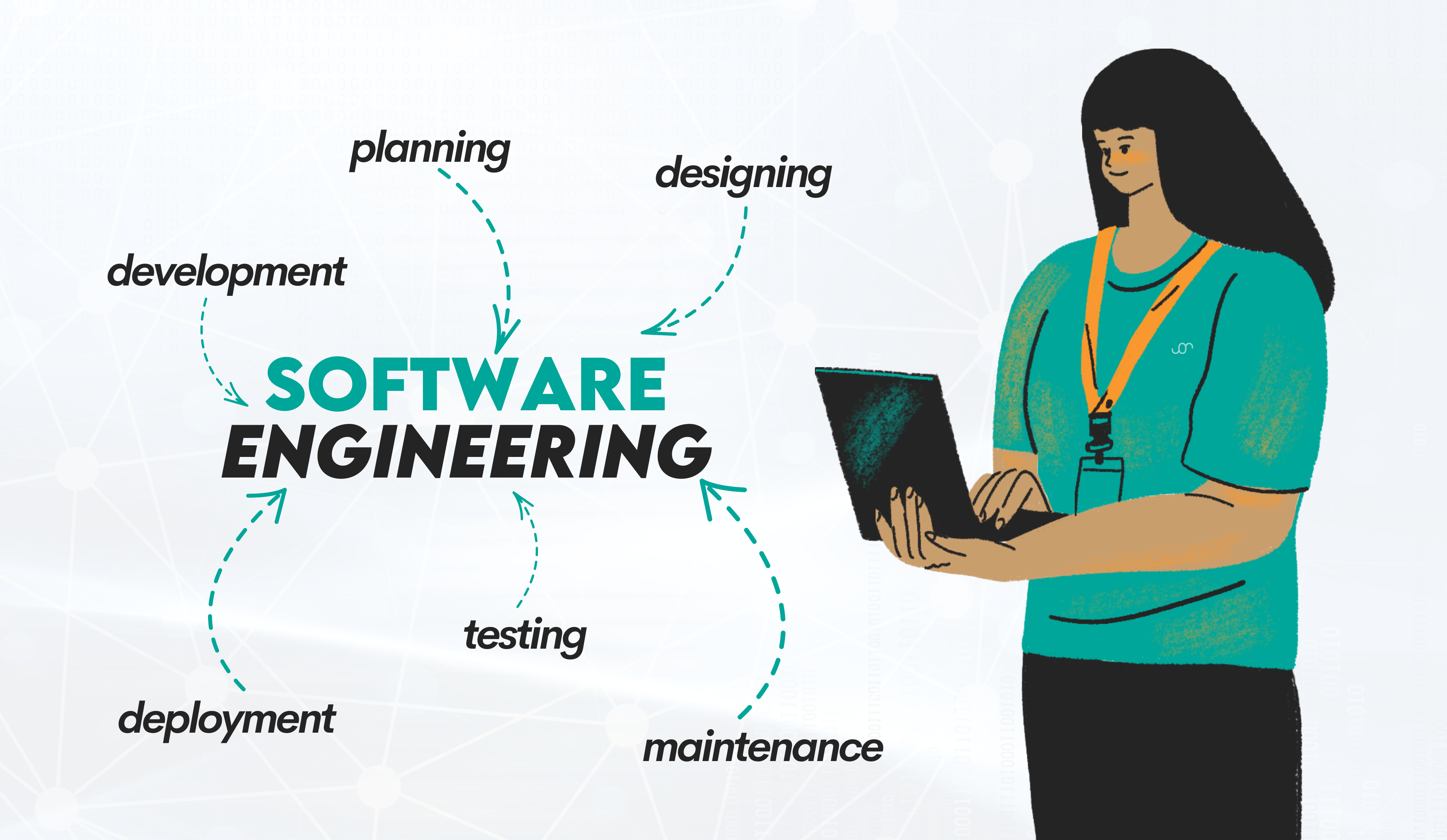
Responsibilities
Machine learning engineers take the prototypes developed by the data scientists and turn them into fully functioning, scalable, and efficient machine learning solutions.
This includes both the development and the deployment of these ML models; think ML-Ops.
There's also a world where ML engineers would develop the prototype, too. It all depends on how the company wants to set up their teams
Skills
The skills you should have as an ML engineer are:
- Strong coding skills (e.g., Python and Scala)
- ML frameworks (e.g., TensorFlow and PyTorch)
- Software development
Impact
ML engineers are instrumental in bringing ML models into production. With that, they are significantly impacting the automation and AI of the systems and platforms.
Project Task
In the same project as earlier, ML engineers would focus on optimizing, scaling, and implementing the model into the existing production environment.
They would also ensure its performance and efficiency by continuously monitoring and updating the model.
Specialization 4: Business/Data Analyst
Business analysts and data analysts are focused on analyzing data to provide actionable insights for making business decisions.
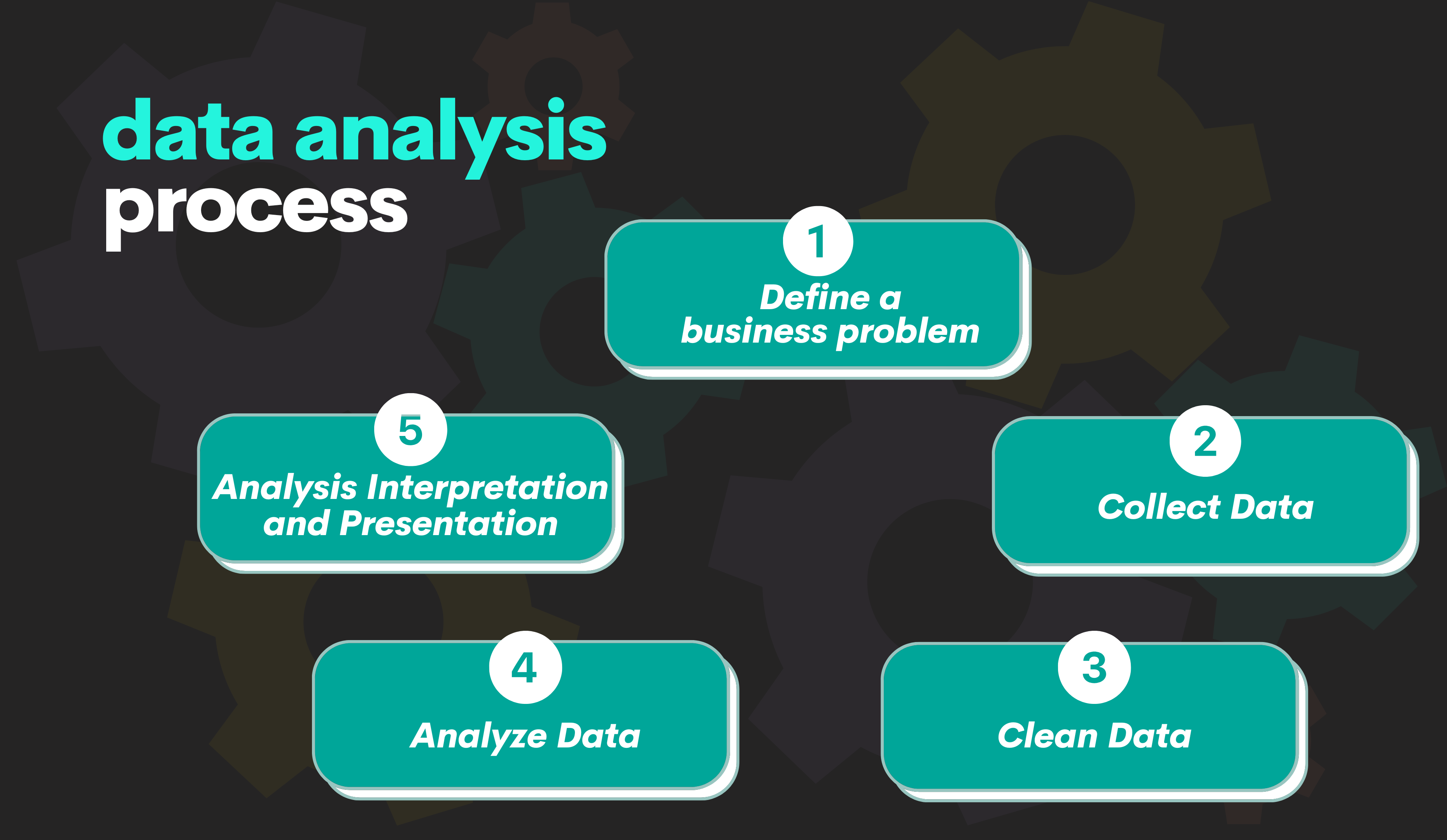
Responsibilities
Here you will do in this job:
- Interpret data and analyze results using statistical techniques
- Provide ongoing reports
- Utilize data visualization tools to present findings to the business stakeholders, often in marketing and sales
Skills
Business and data analysts have to have strong:
- Analytical skills
- Proficiency in SQL and Excel
- Proficiency in data visualization tools (e.g., Tableau & PowerBI)
- Understanding of business operations and strategy
Impact
Their insights drive business strategies, improve processes, and contribute to data-driven decision-making in an organization.
Project Task
In the example project, a business or data analyst would examine the data to provide insights into user behavior and preferences.
They use statistical analyses to understand user segments and trends. They create reports or dashboards that help the business teams understand the impact of the recommendation system on sales and customer engagement segments.
Specialization 5: Business Intelligence Engineer
A BI engineer is specialized in transforming data into actionable insights in terms of visualizations and providing the most digestible format for their users.
Responsibilities
They are responsible for developing, deploying, and maintaining BI visual interfaces. This includes query tools, data visualization, interactive dashboards, ad hoc reporting, and data model tooling.
Skills
BI engineers are experts in:
- Data modeling
- Database technologies
- BI tools (e.g., Tableau & PowerBI)
Additionally, they should have a good knowledge of SQL and data warehousing.
Impact
BI engineers are crucial in making data comprehensible for non-technical decision-makers. This means they must make the graphics look nice and easily understandable. They have to do that lightning-fast, as what they do completely influences the business's strategic decisions.
Project Task
In terms of the project, the BI engineer would work on visualizing the data related to the recommendation system's performance.
They create dashboards and reports that track key metrics like click-through rates, conversion rates, and user engagement. Their job involves translating the data into an easily understandable format for stakeholders to make data-driven decisions about the system itself. This would affect overall business strategies.
Conclusion
This is the data science industry today.
You can moan about it, or you can accept it, learn from it, and adapt to it. I'm always for the second approach, with a little moaning now and then.
So my advice is to see this as an opportunity and specialize.
The five data science roles I discussed are the most common specializations you'll find in job openings. Also, check out these data science job titles or roles you can consider if you have a data science background.
Share

